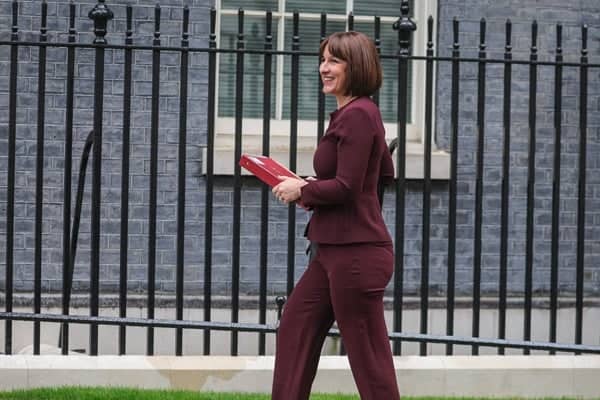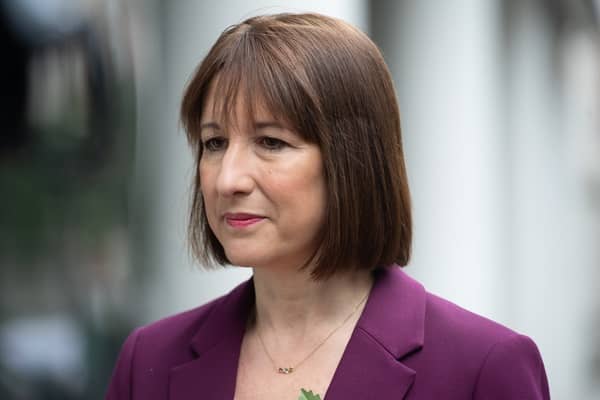Two fifths of UK businesses (40%) are finding themselves short staffed at least once a week, new research by Indeed Flex, the online marketplace for flexible and temporary work, has revealed.
The survey of 1,000 UK business owners and hiring managers found that 34% of firms are struggling to recruit enough workers amid ongoing labour shortages — an issue affecting nearly all sectors.
This challenge comes at a time of economic uncertainty following the Autumn Budget, which introduced tax increases for businesses, including a rise in national insurance contributions.
Nearly two-thirds (65%) of firms say the national insurance hike will make it harder to increase wages and offer bonuses this year, while 54% say it will impact their recruitment activity.
A quarter (25%) of businesses highlighted it as the factor that will have the biggest impact on hiring this year, ahead of the UK’s economic performance (24%) and inflation (19%).
To manage the financial pressures posed by the national insurance increase, two fifths (39%) of firms are considering raising customer prices, while 20% may have to dip into savings and 15% could have to make staff cuts.
But despite these challenges, many businesses remain upbeat about the year ahead.
Overall, almost half (49%) of employers expect to increase their hiring activity in 2025, compared to just 11% who expect recruitment to slow.
To help bridge staffing gaps, the use of flexible and temporary workers is likely to rise. Nearly a third (30%) of businesses plan to increase their use of temporary workers this year.
Meanwhile, 49% intend to hire more full-time employees, and 35% aim to add part-time staff.
Novo Constare, CEO and Co-founder of Indeed Flex, said: “Businesses in the UK are juggling the dual challenge of staff shortages and rising costs.
“But despite these pressures, many are showing resilience, with nearly half planning to grow their teams and many feeling more confident about the future than last year.
“Faced with rising national insurance contributions and other cost pressures, employers will face some tough decisions in 2025, but it’s reassuring to hear how many firms are confident that they will find ways to adapt.
“Businesses are increasingly turning to flexible staffing solutions to bridge workforce gaps and manage budgets effectively. By increasing their use of temporary workers, firms are able to find an adaptable and cost-efficient alternative to permanent hiring.
“The focus on flexible staffing models and strategic workforce planning suggests that UK businesses are committed to growth, even in challenging economic conditions.





Leave a Comment